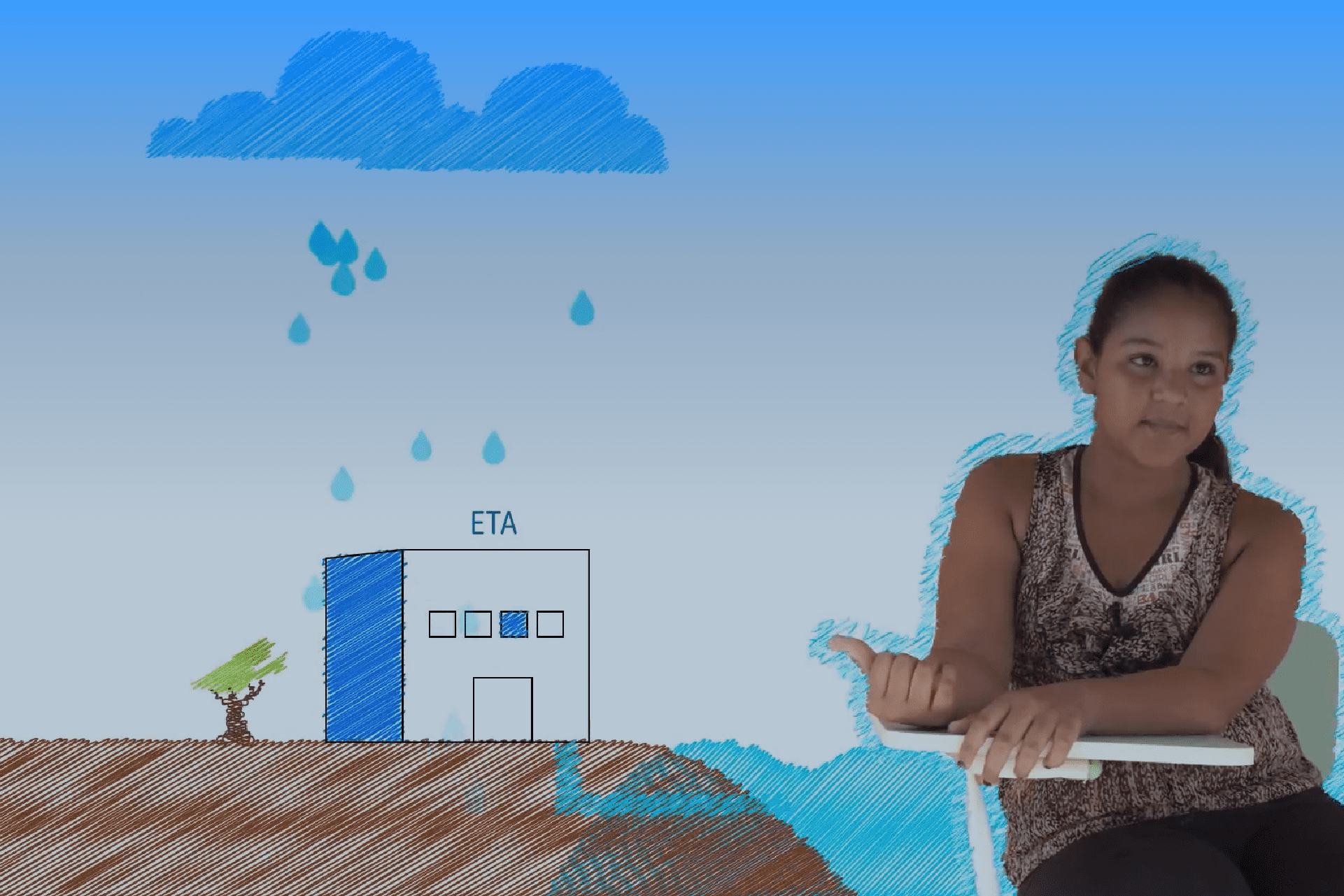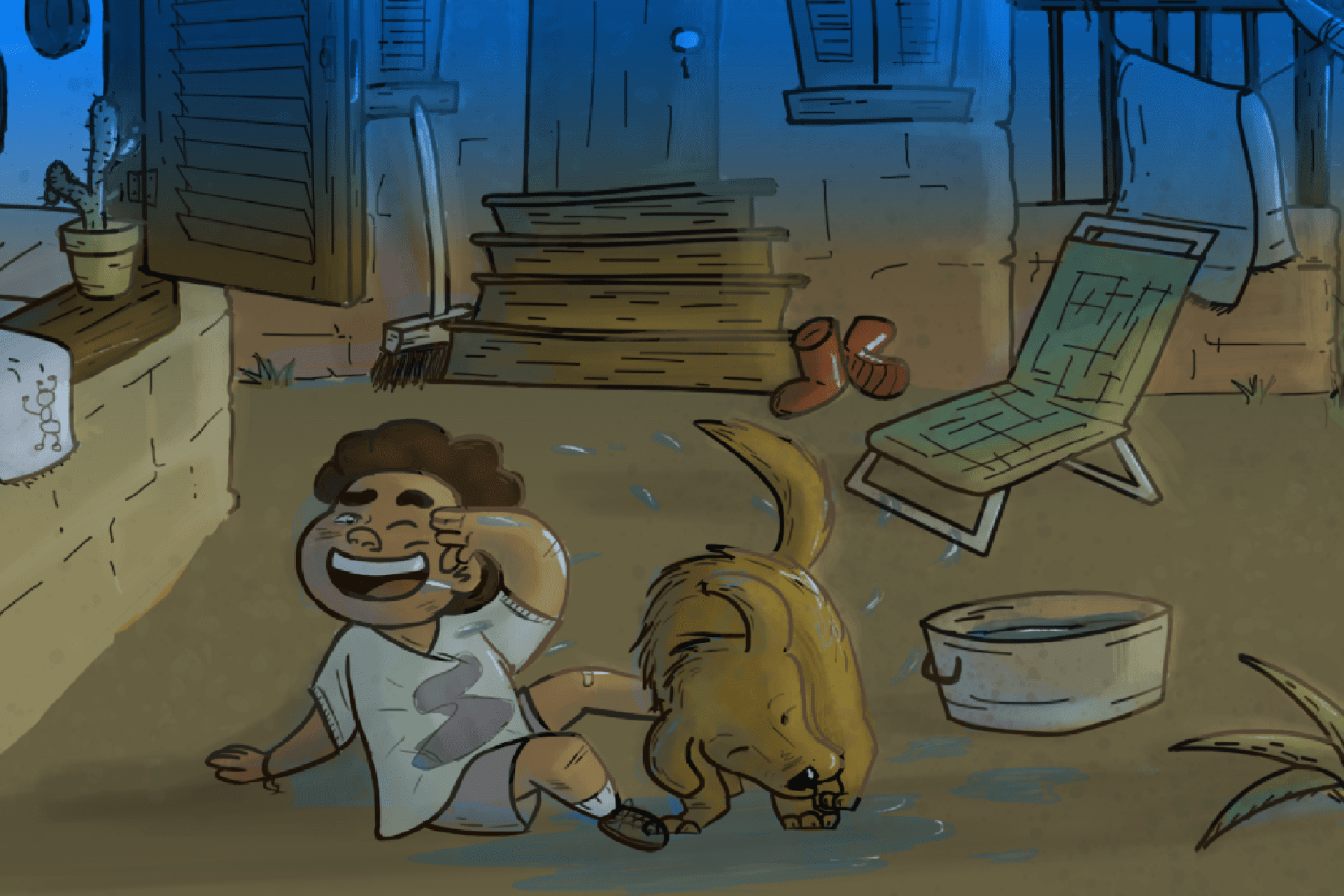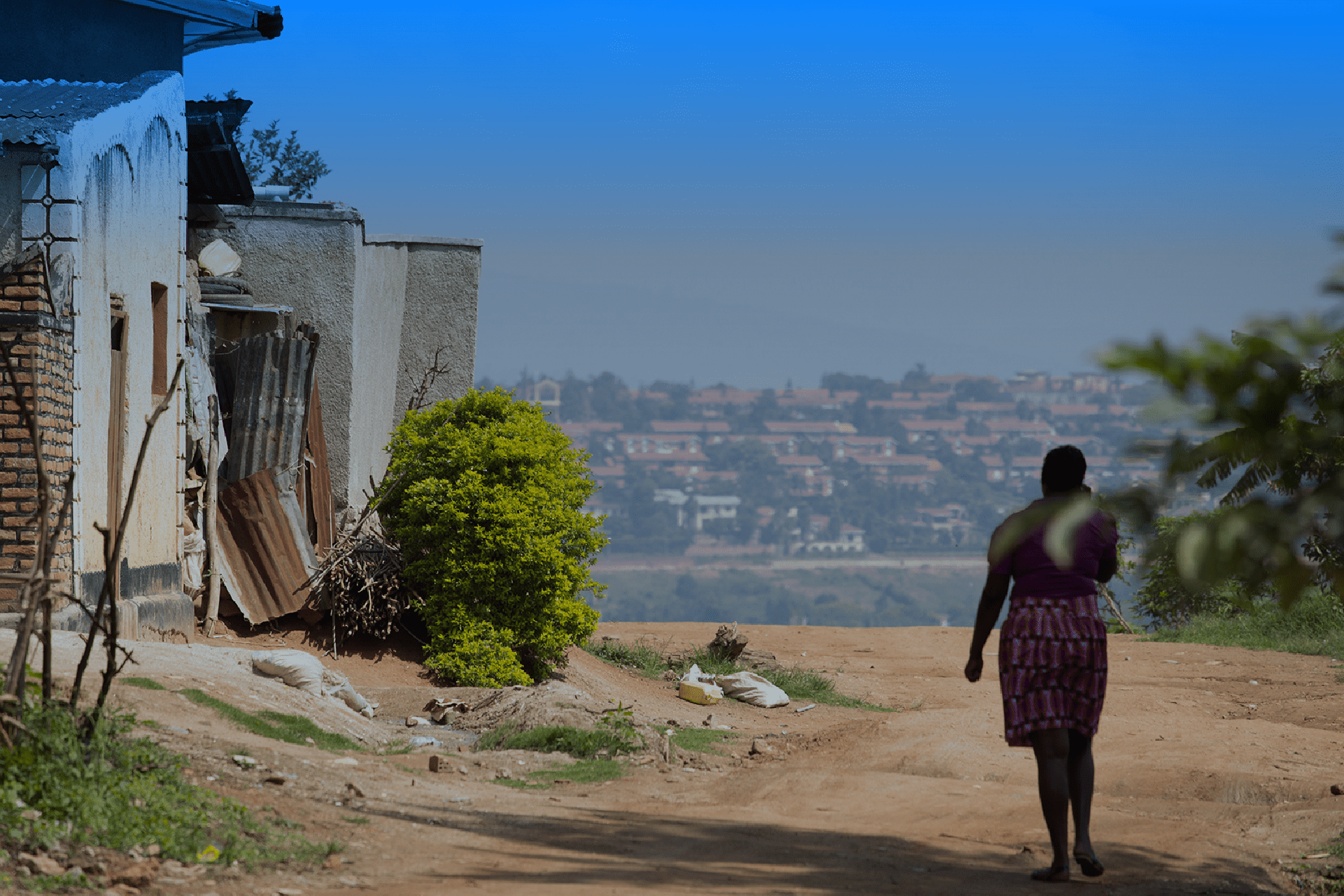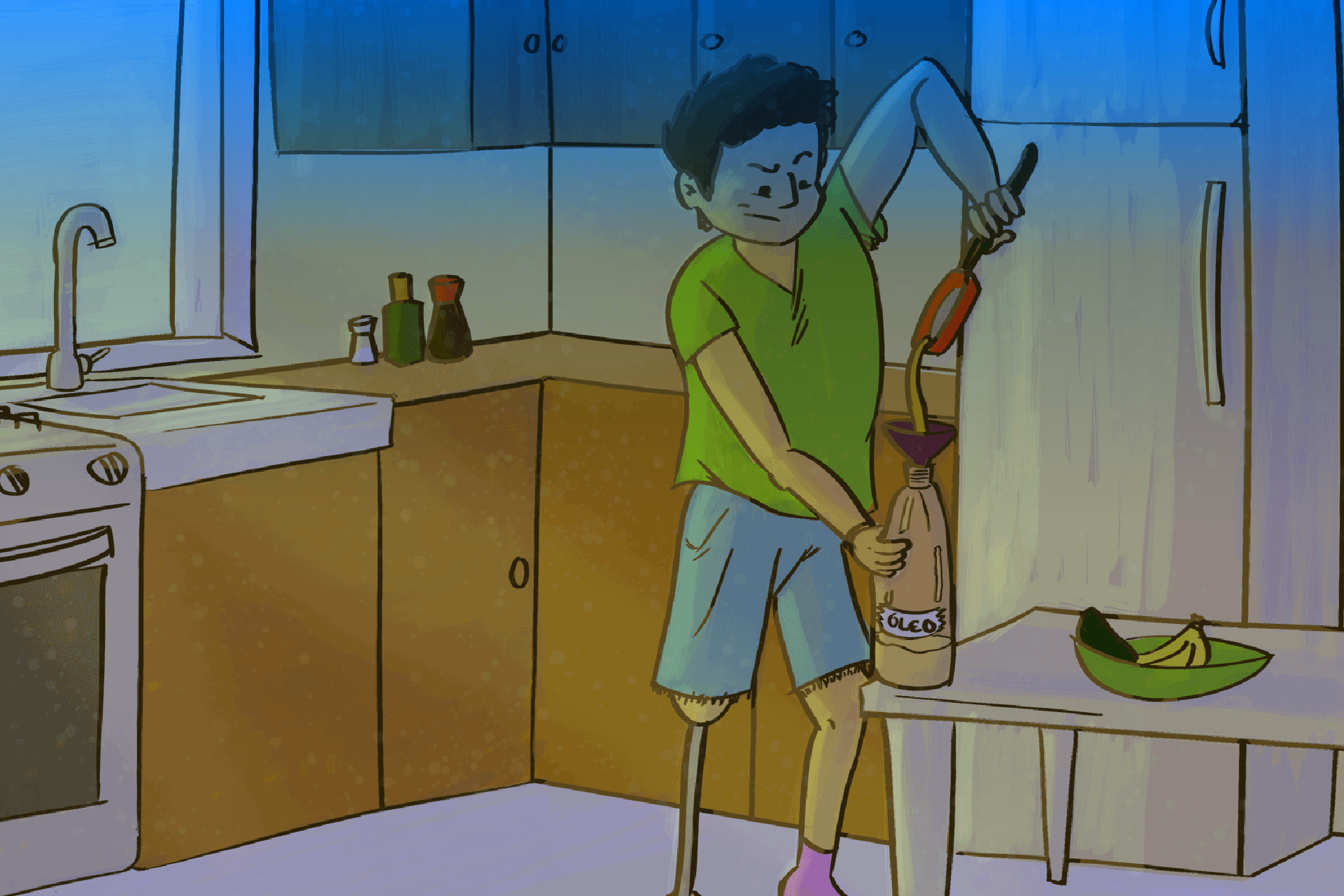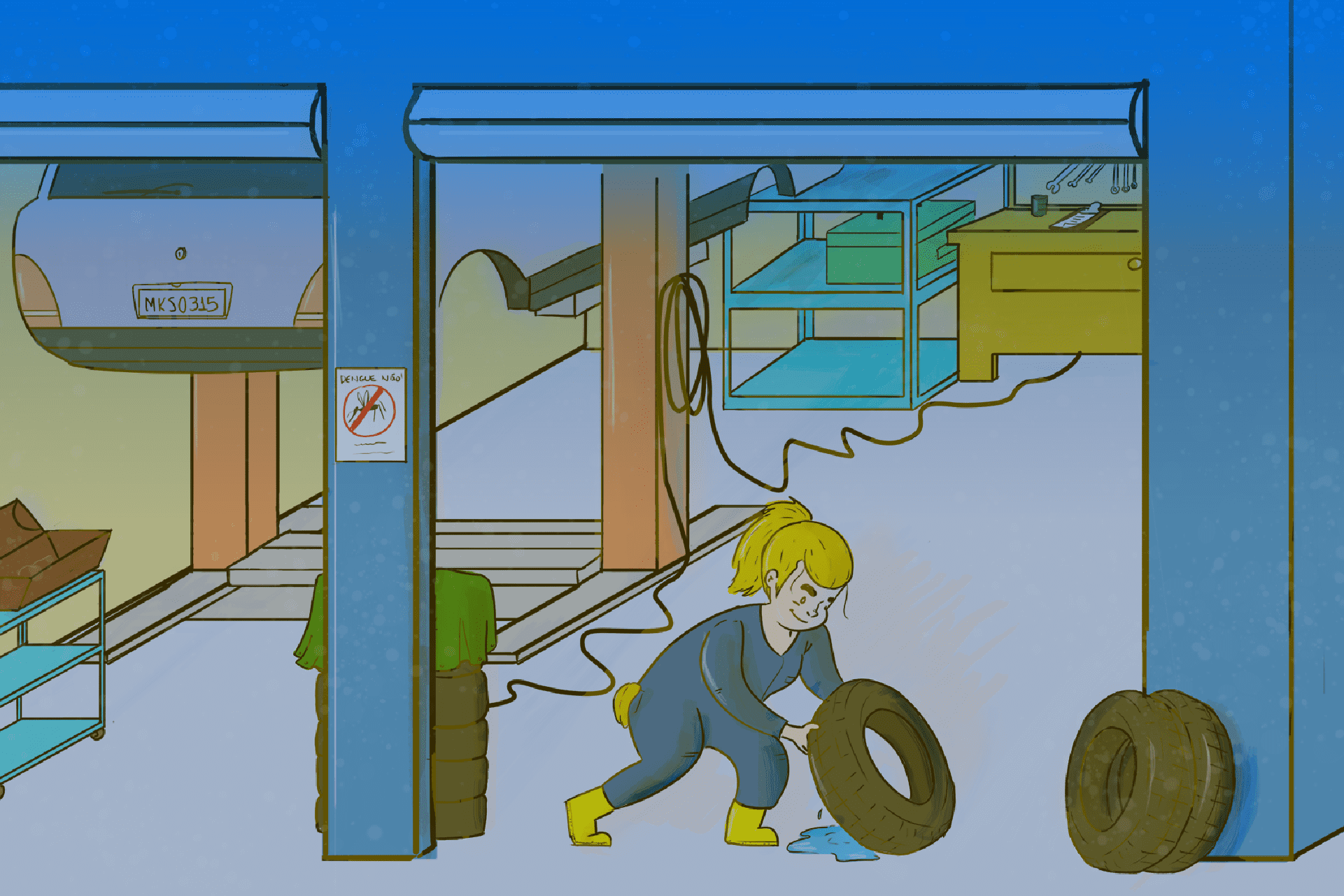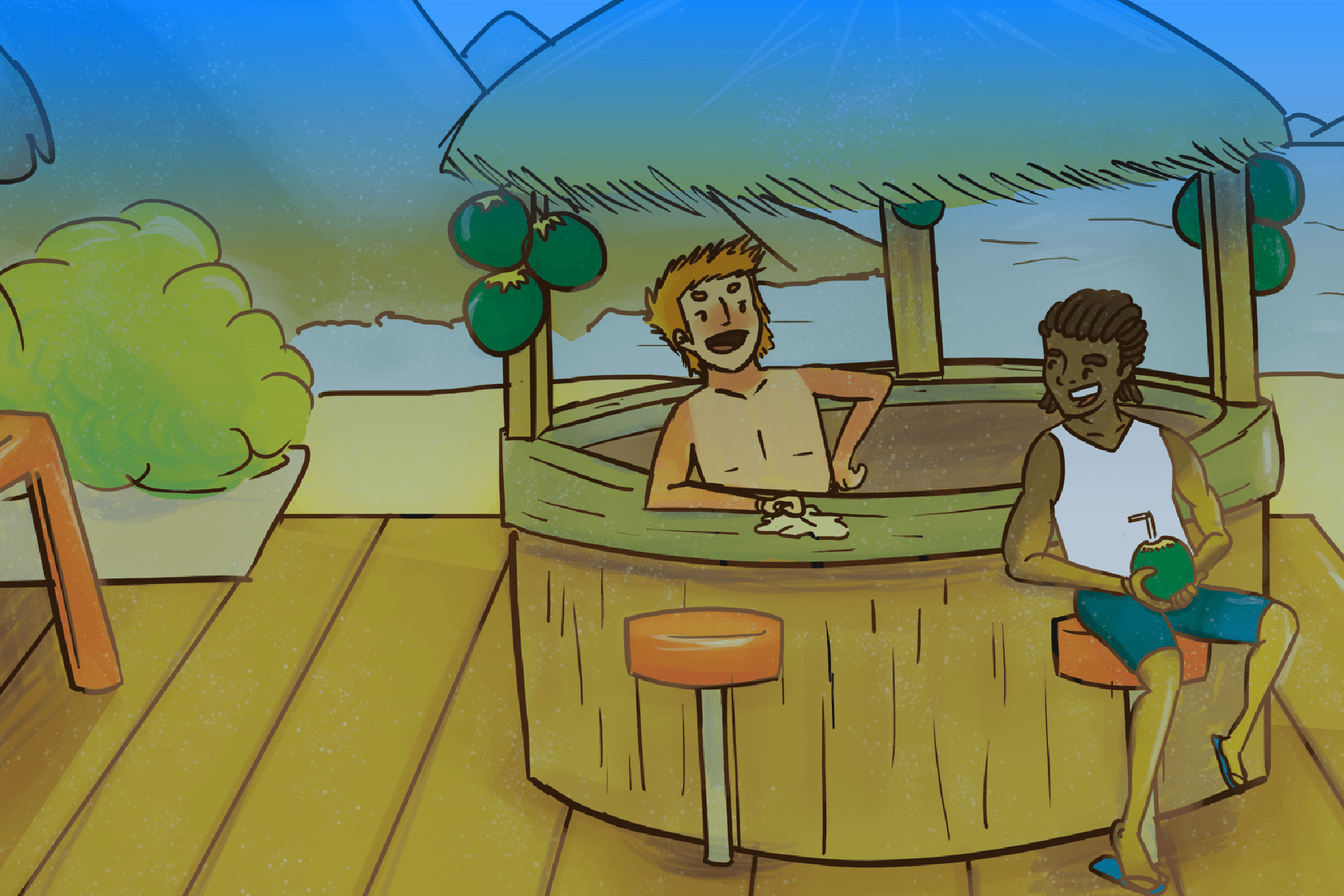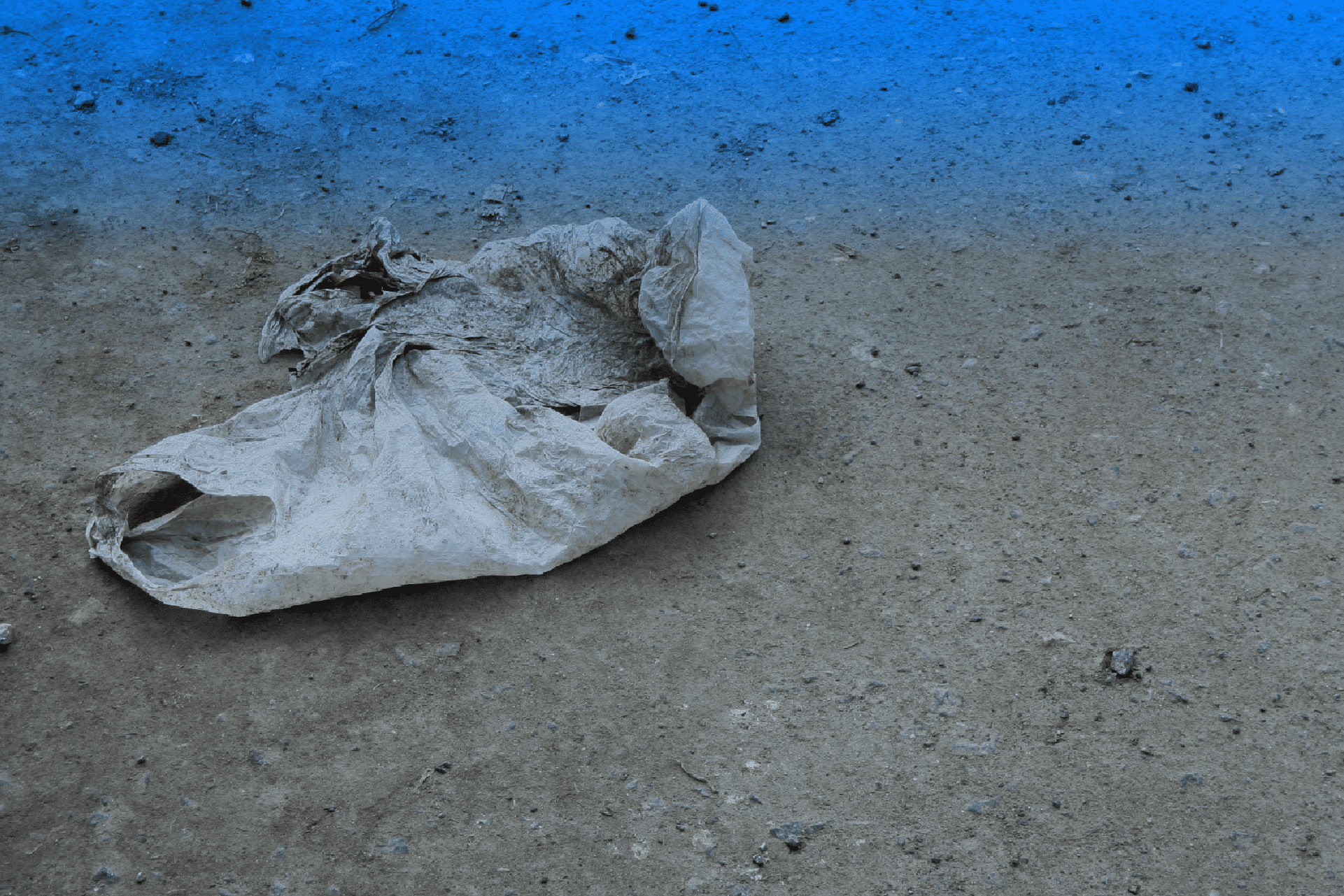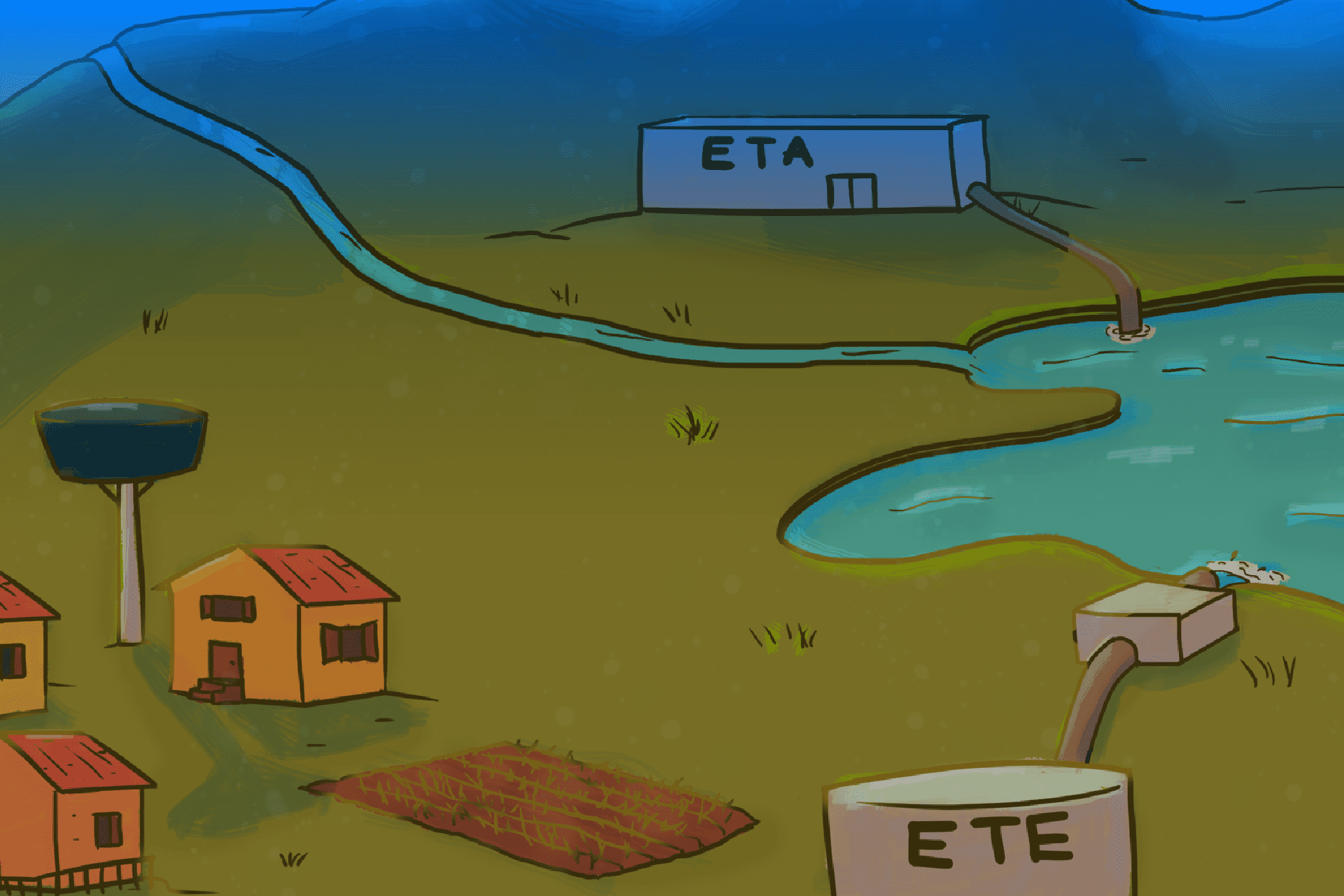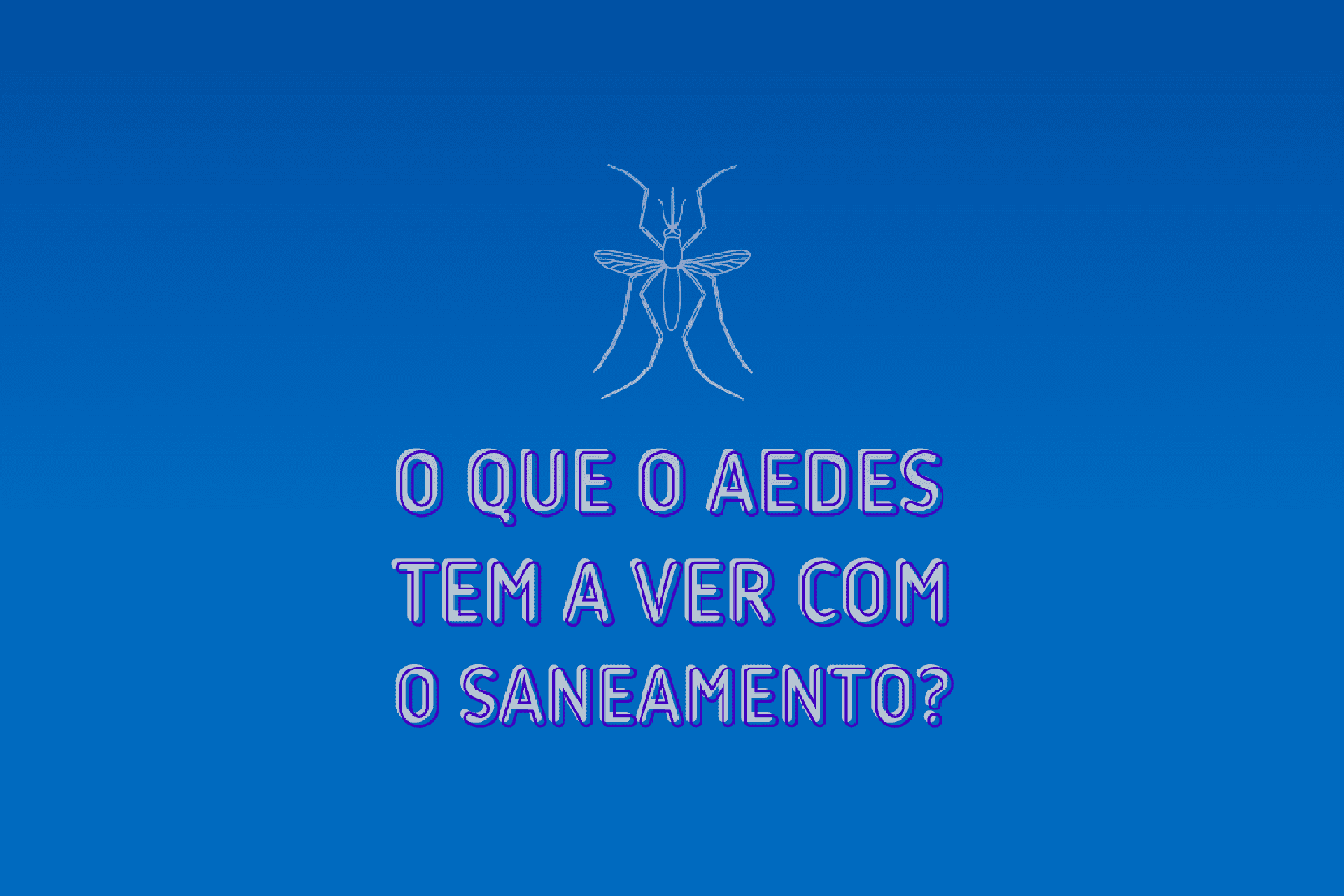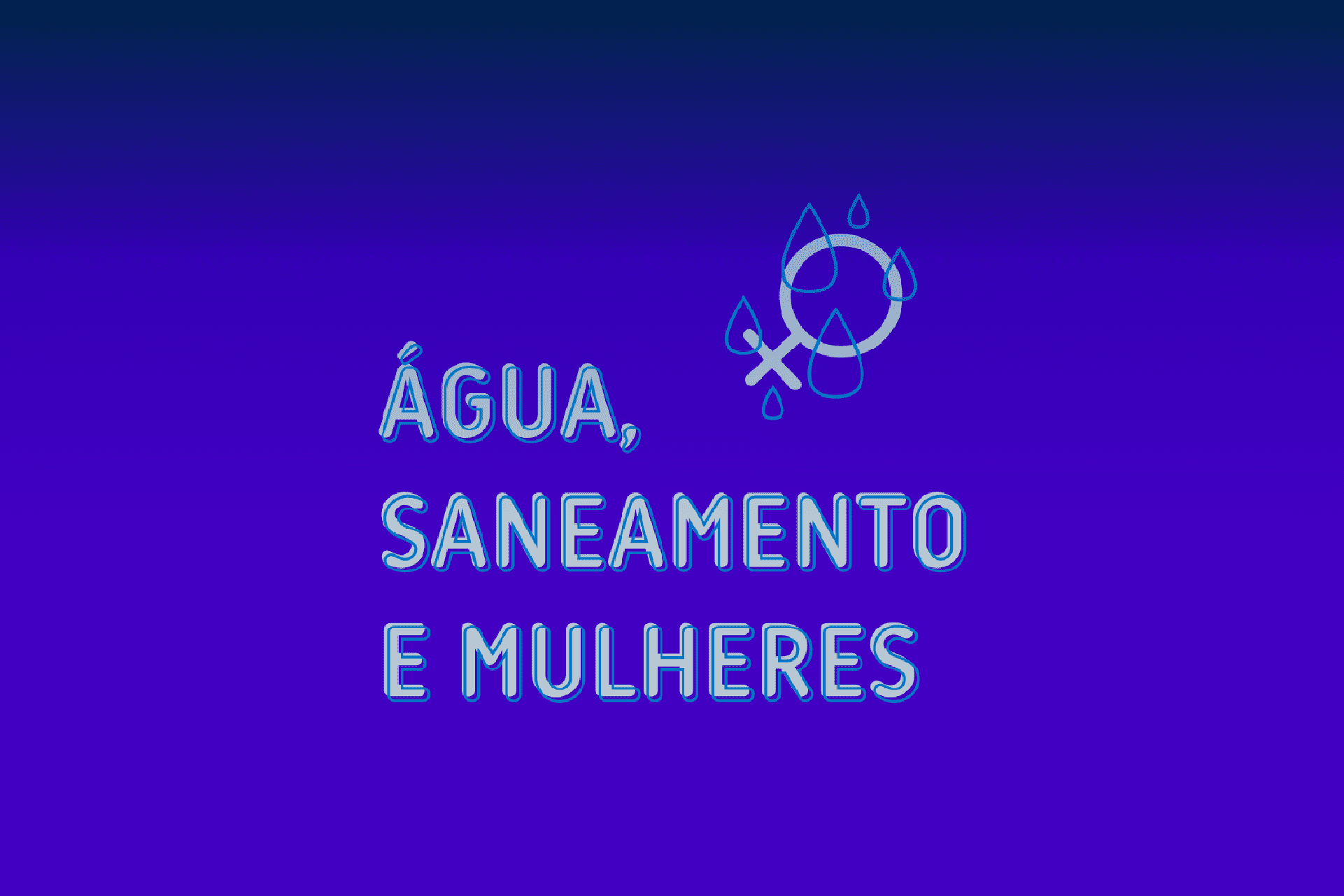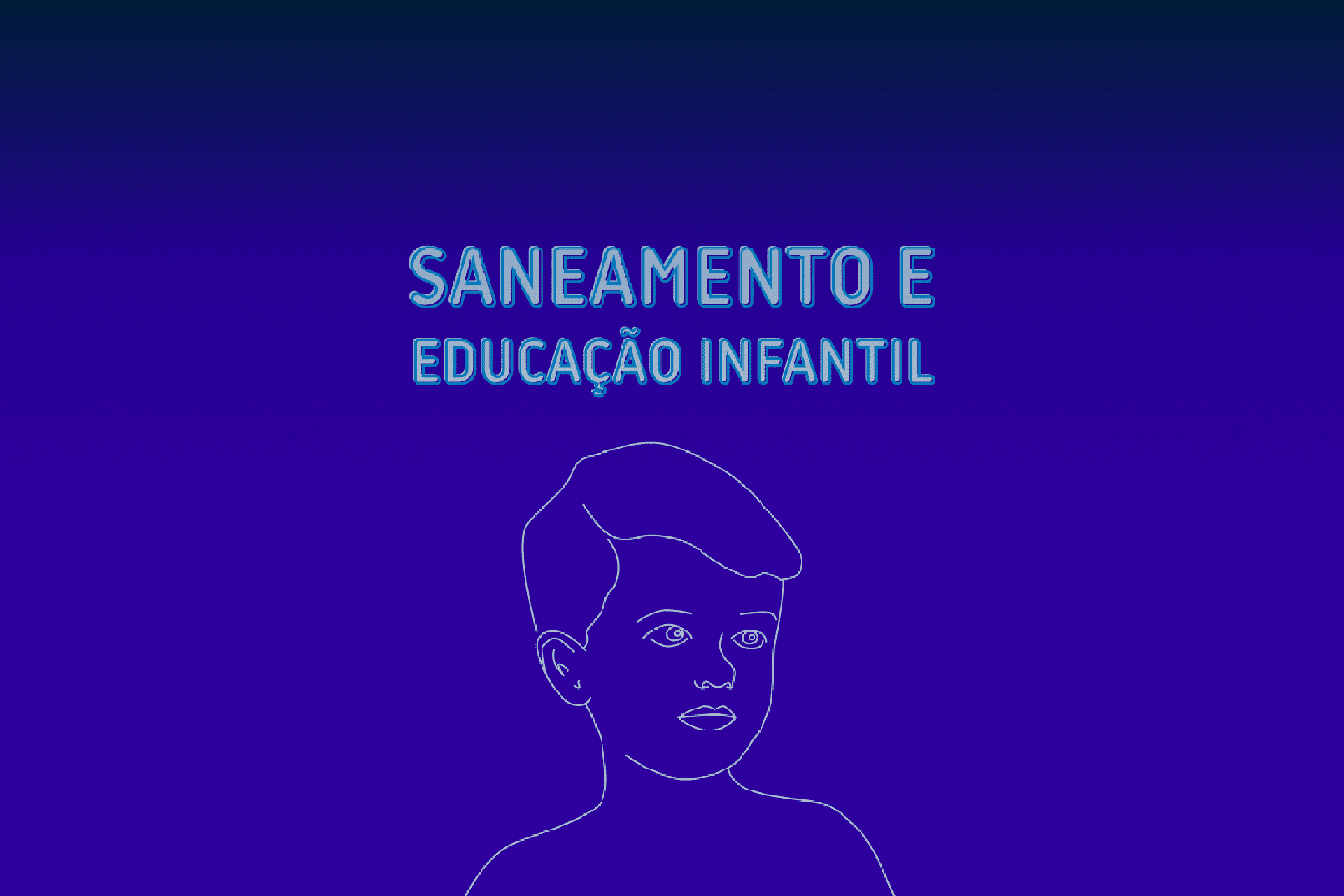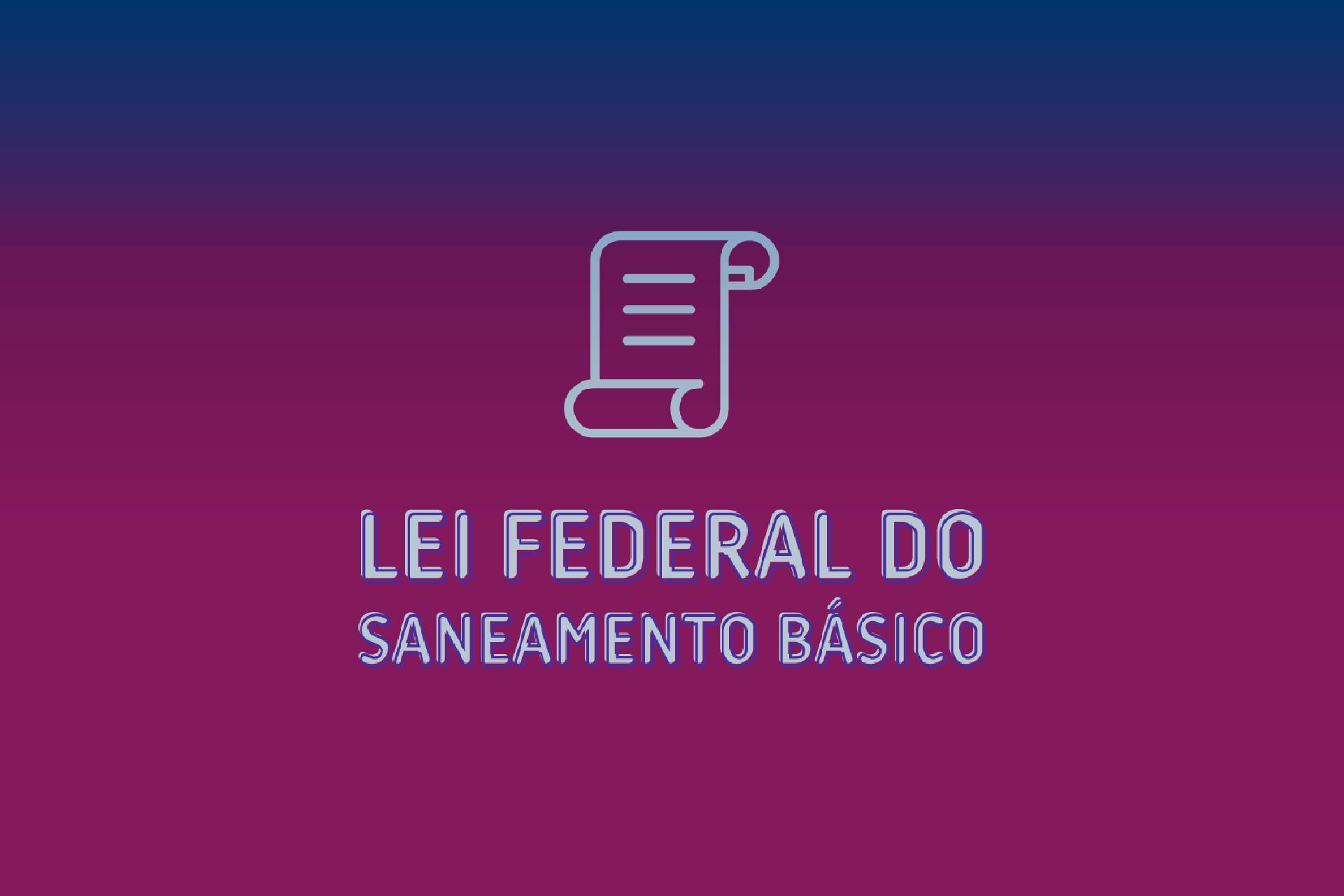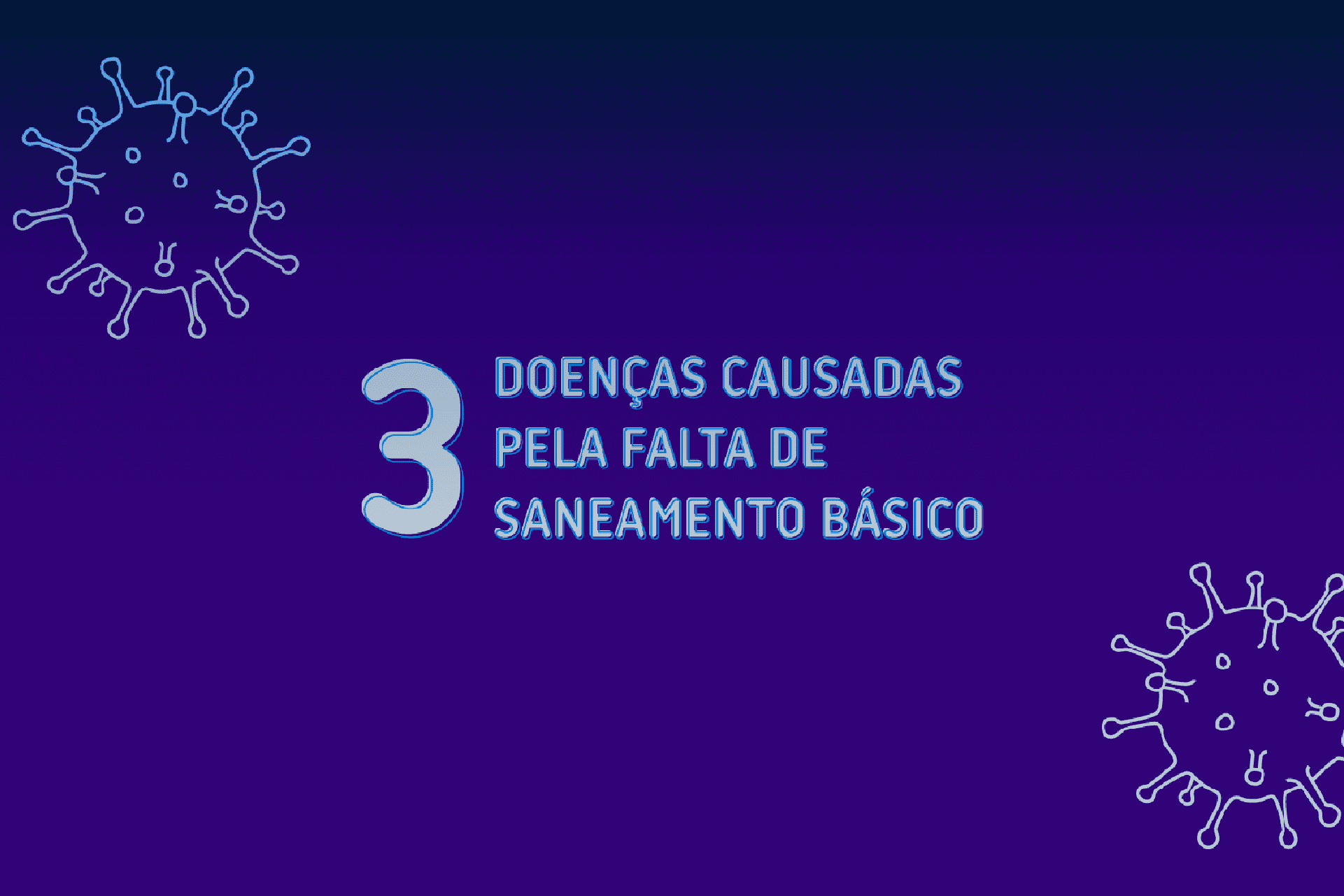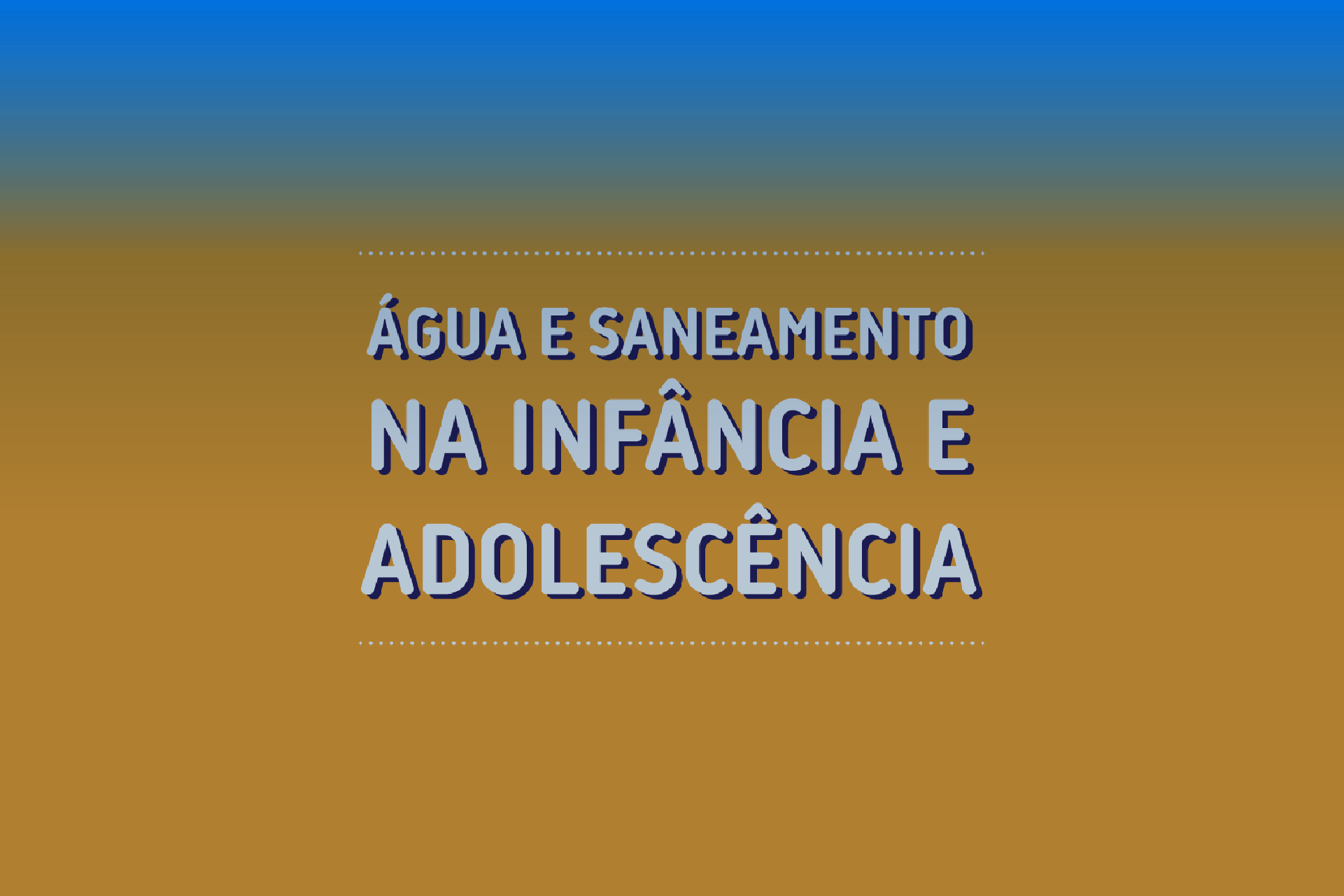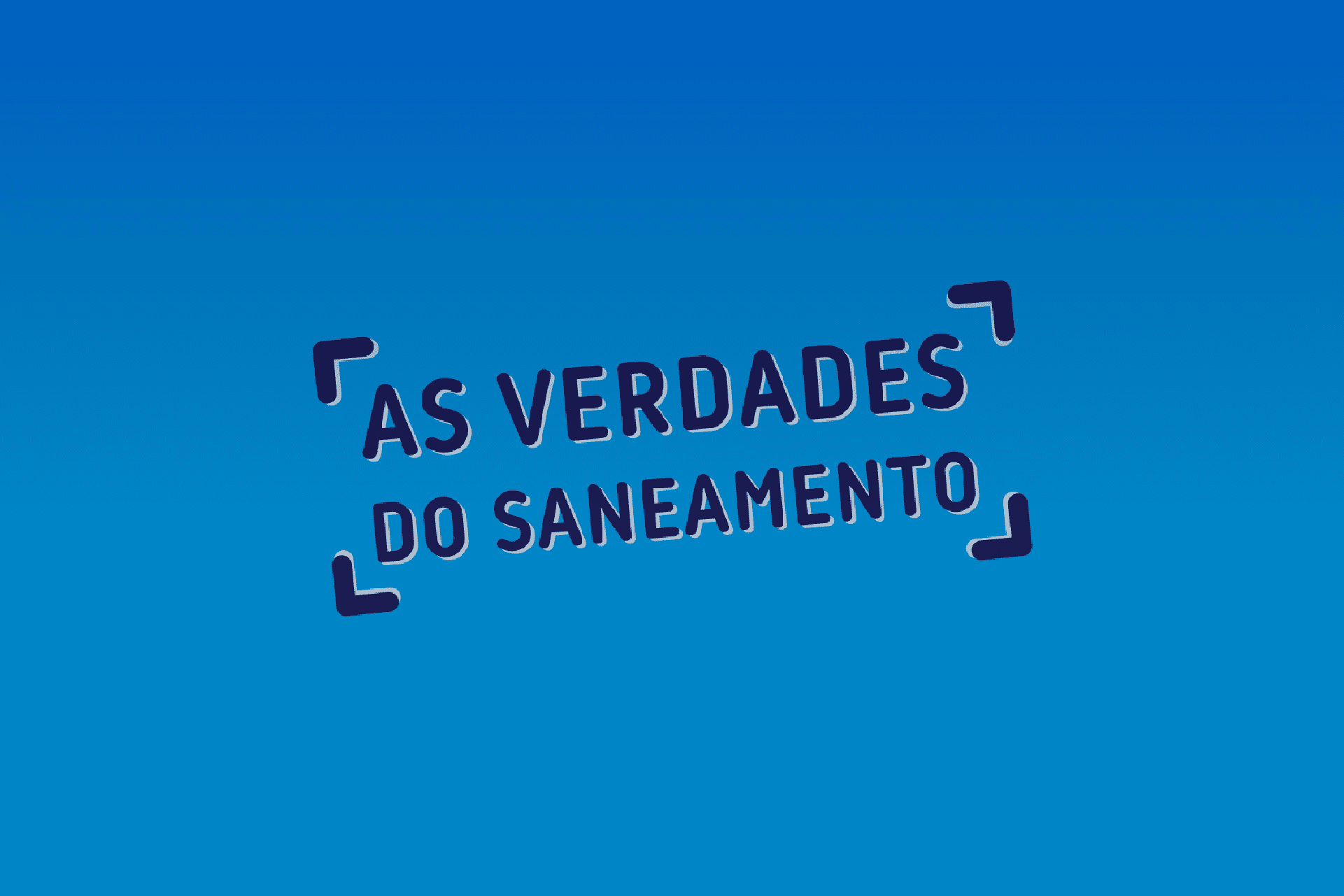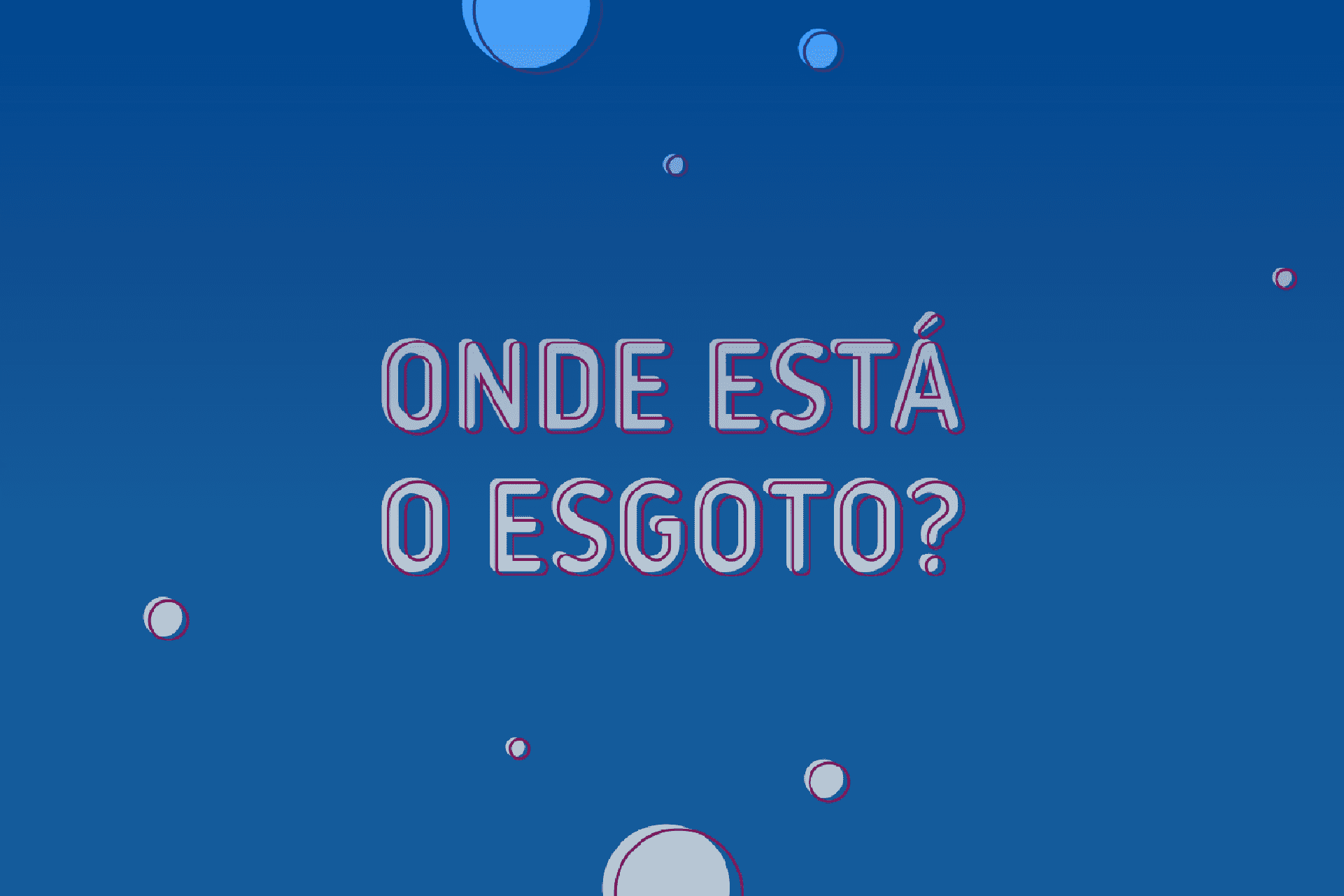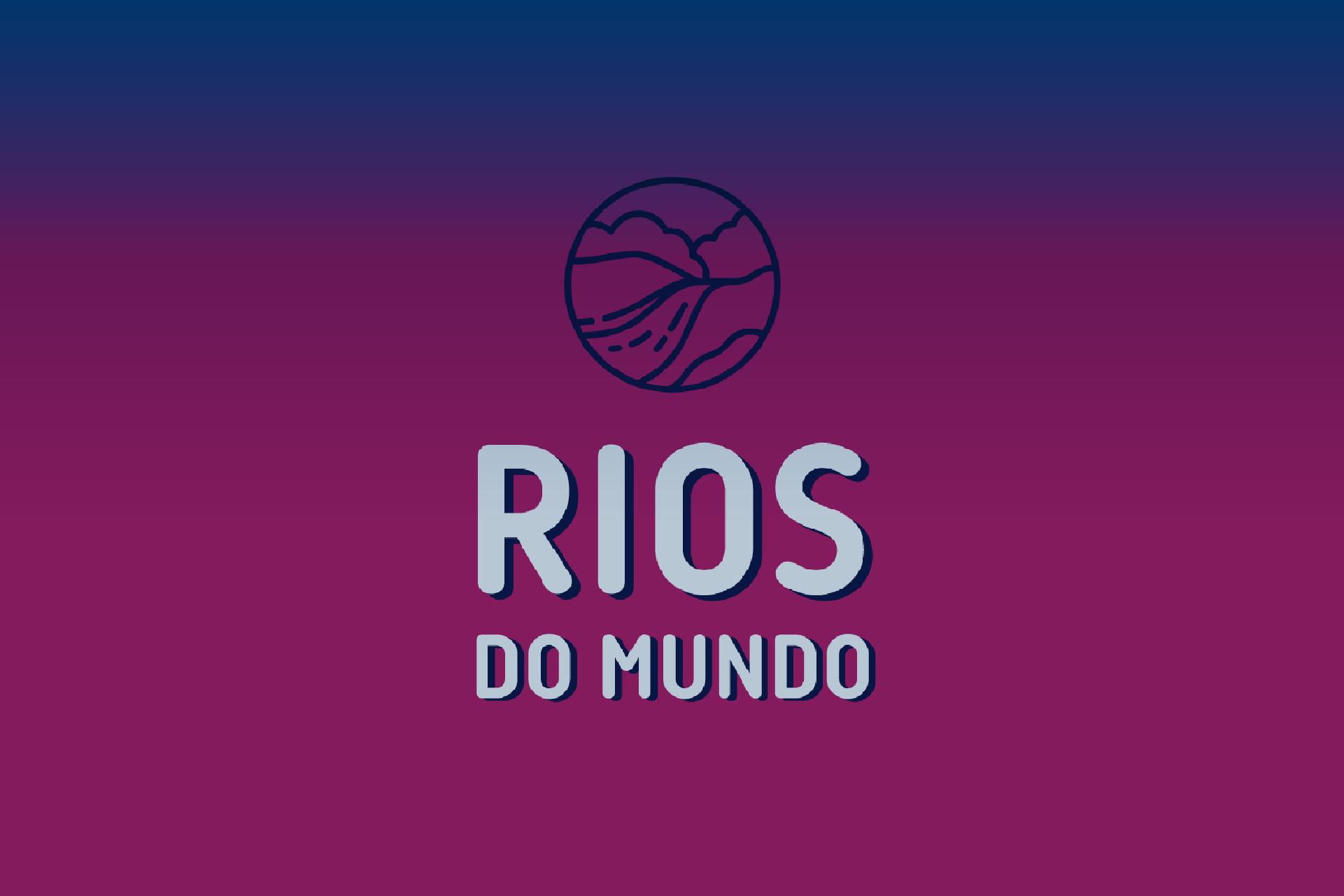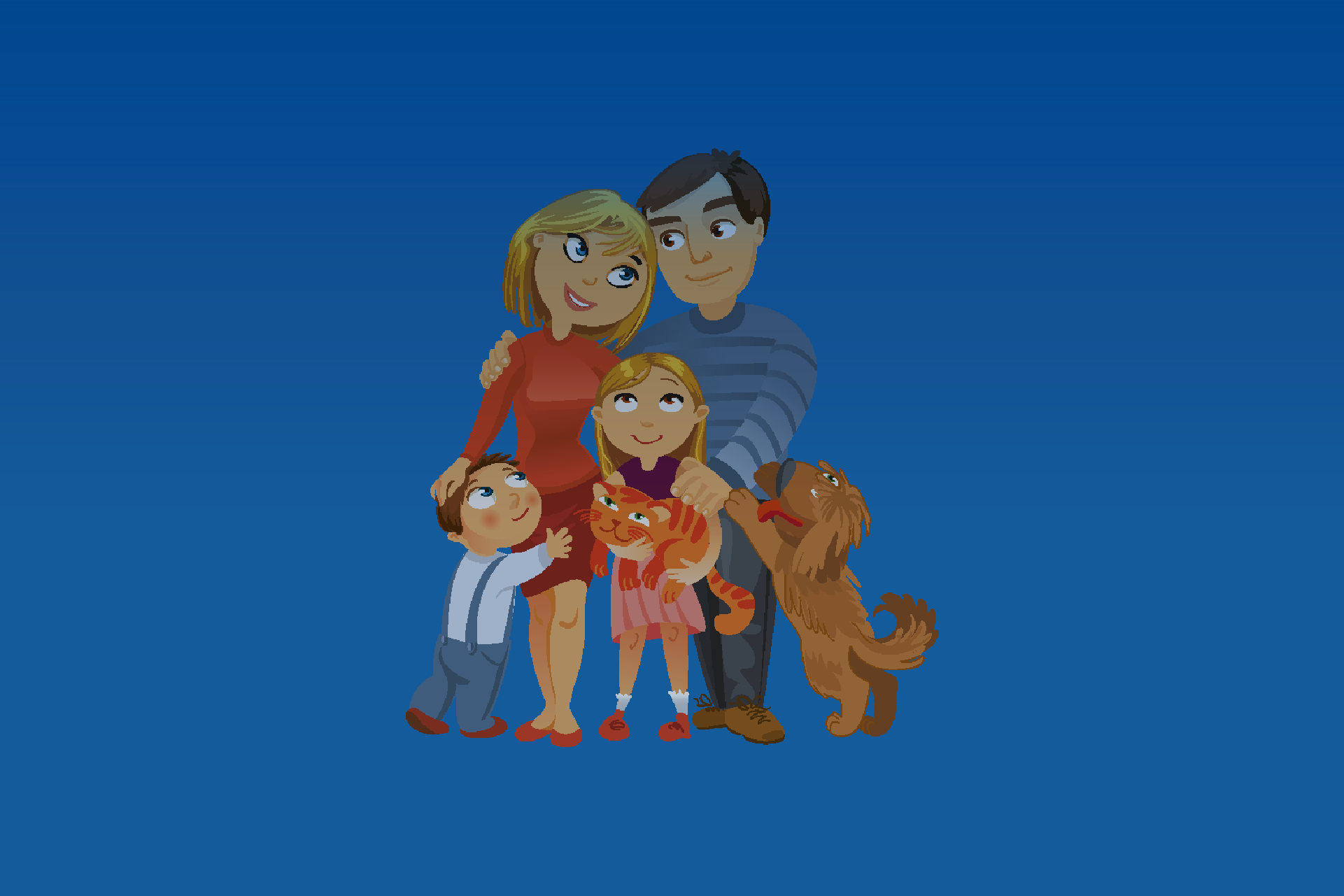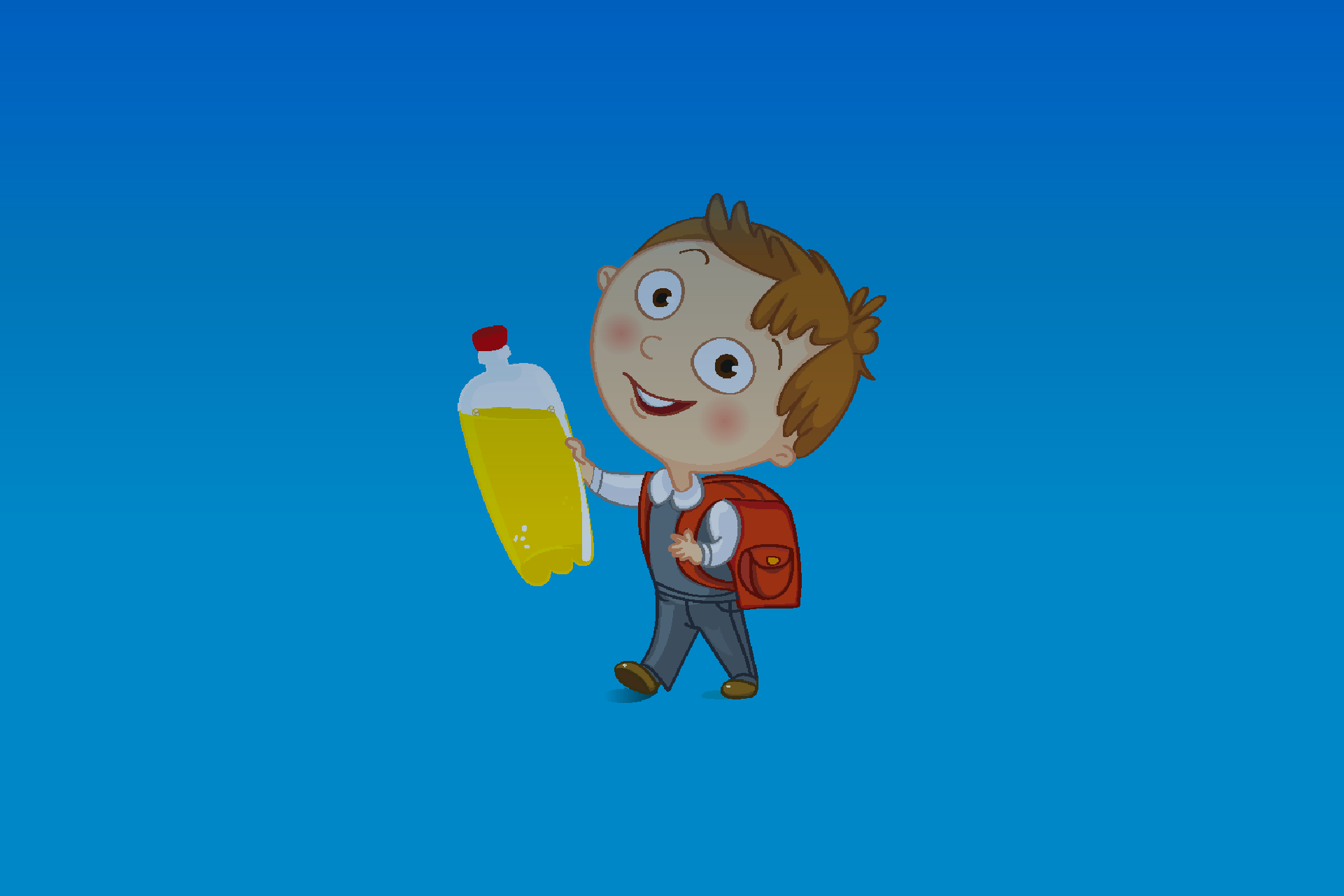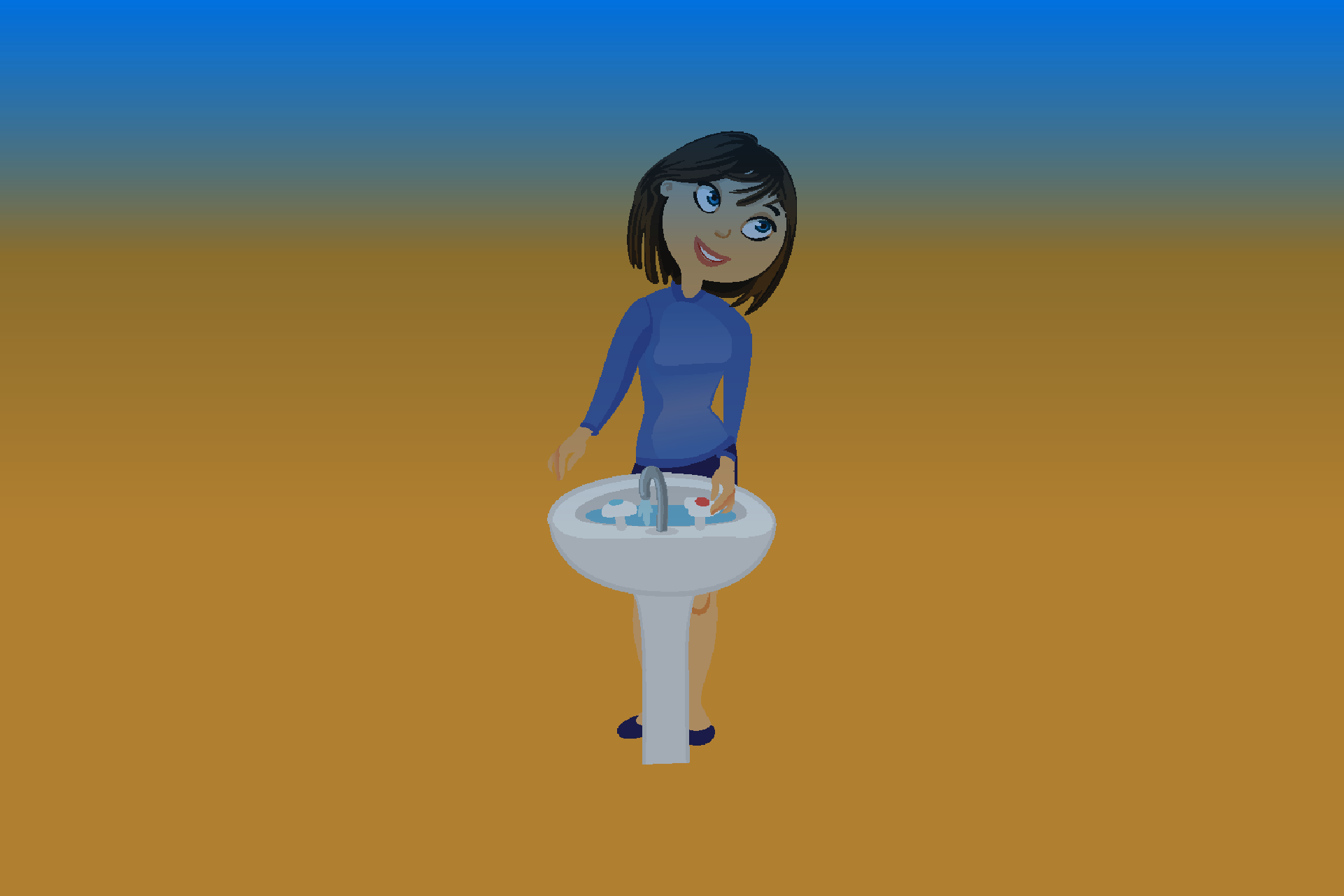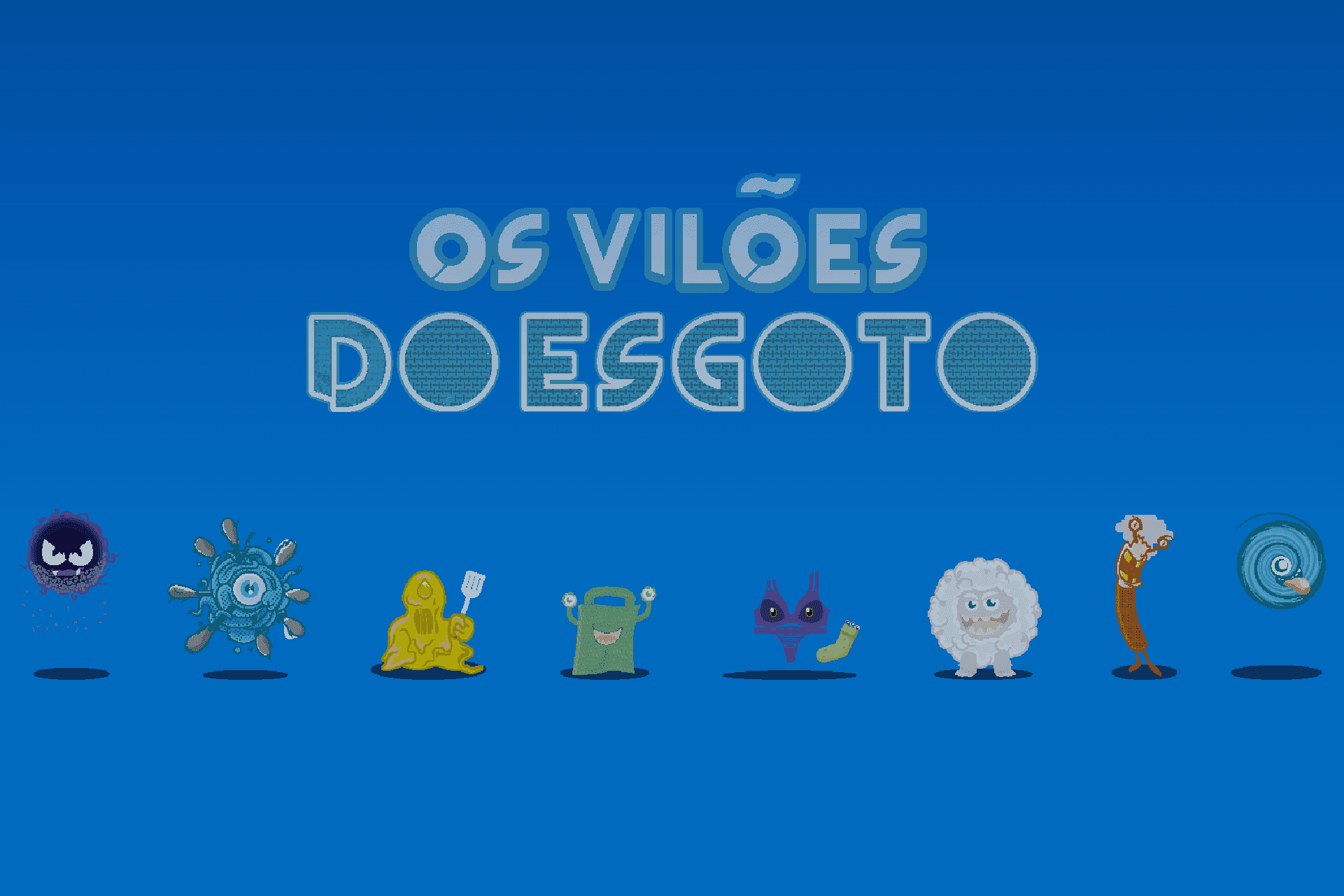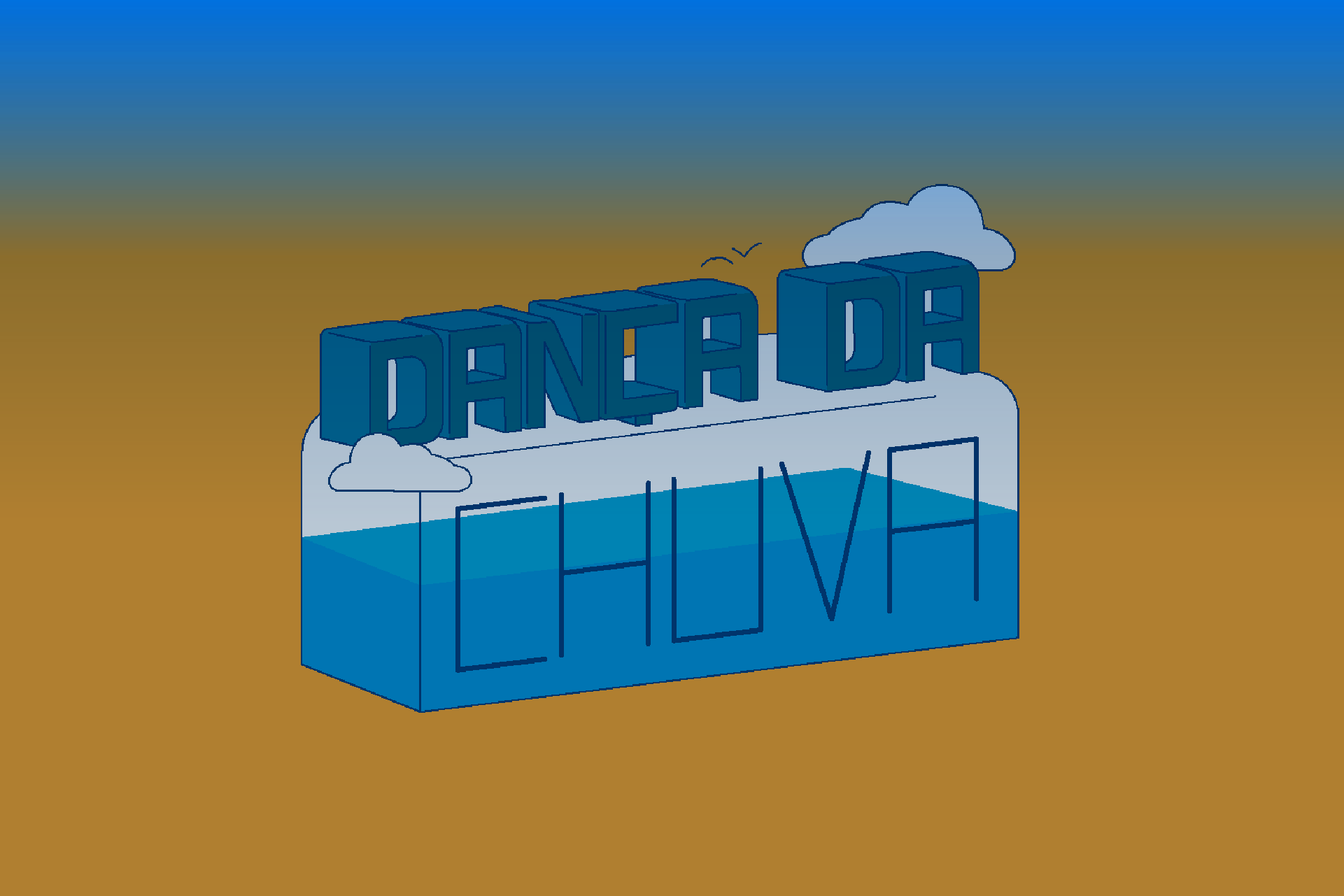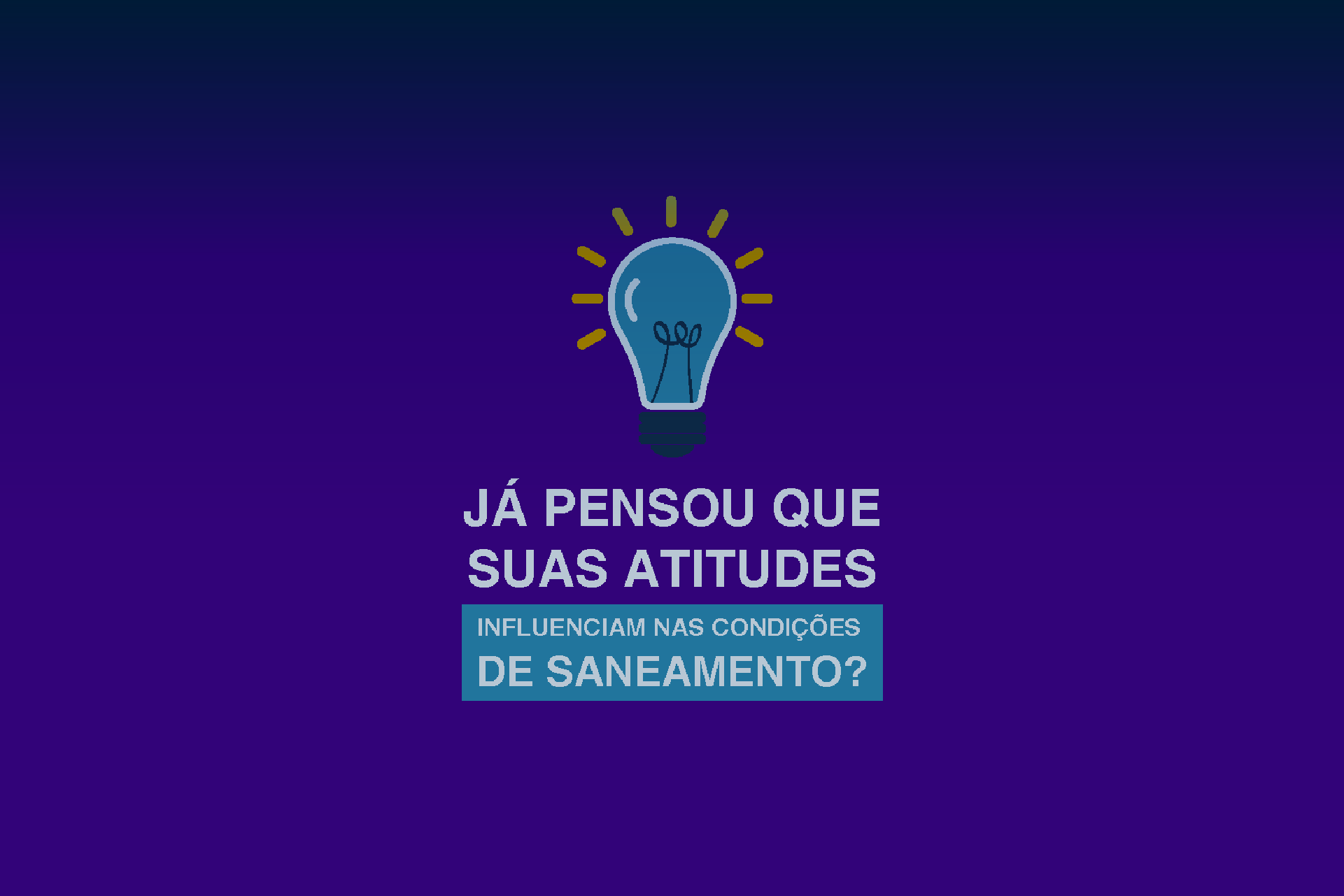Environment
The Covid-19 pandemic has made the importance of basic sanitation even more evident.
In Brazil, several reports showed the greater risk of contagion by the new coronavirus for families in places where the water supply is still precarious, intermittent or completely absent.
In the same sense, the lack of sanitation increases the risk of contamination by waterborne diseases, such as dengue, dysentery, cholera and other examples. Our business generates practically immediate positive impacts for society.
Based on investments in expanding networks and sewage treatment, local populations experience a significant improvement in health conditions and quality of life, with the recovery of rivers, streams and springs.
5. Positive Environmental Externalities

Preservation of Biodiversity and Springs

Rational Use of Water

Correct Disposition of Effluents in Water Bodies

Gestão de Resíduos Perigosos e Não Perigosos

Management of Hazardous and Non-Hazardous Waste

Energy Efficiency and Use of Renewable Energy

Combating Water Loss

Reduction of Greenhouse Gas Emissions
Our ESG journey
-
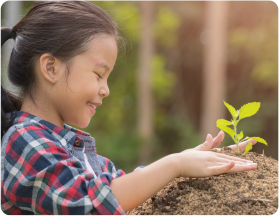
Management System Certifications: quality, environment, safety and health
Know more -
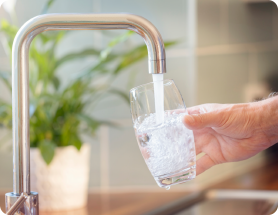
BRK works to guarantee the availability of water for the population, with quality and safety
Know more -

Preservation of biodiversity on the strategic agenda
Know more -

Reducing GHG emissions is a BRK commitment
Know more -
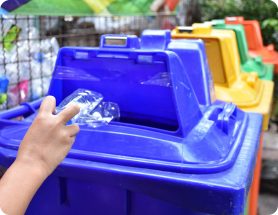
BRK knows the importance of waste management and the impacts it can cause
Know more -
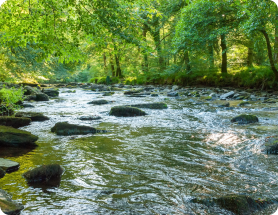
Investments in digital platforms to monitor water and effluent quality
Know more -
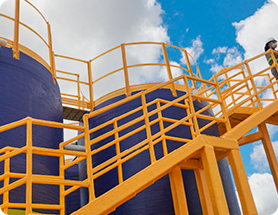
Management of internal consumption of water and reuse water
Know more
Check out some of our strategies for preserving the environment
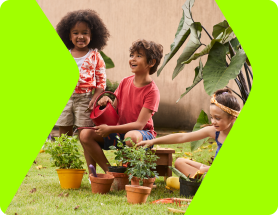
Climate Change
We commit to net zero greenhouse gas (GHG) emissions by 2040. In order to guarantee the journey to Net Zero, we have established intermediate control targets of 10% reduction by 2025 and 30% by 2030. To achieve these goals, we have defined a portfolio of mitigation projects that are divided into four main groups: 1) Efficient sewage treatment plants, with potential to reduce 90% of emissions; 2) Solar sludge dryers; 3) Biogas burners; 4) Self-generation of electricity from renewable sources.
NetZero by 2040
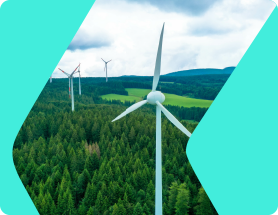
Energy Efficiency
68% electricity consumption from renewable sources by 2030.
In energy efficiency, still in 2019, we established a target of energy consumption from renewable sources of 50% by 2021. Thanks to the implementation of photovoltaic energy self-generation plants and the purchase of renewable energy in the Free Market, we overcame this challenge, reaching 54% of electricity consumption in 2021. We have defined a new target of 68% electricity consumption from renewable sources by 2030. In our energy strategy, the ESG Agenda is a journey that motivates and challenges us in our daily lives.
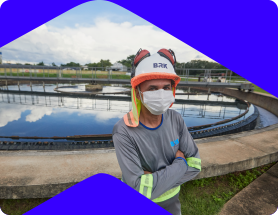
Disposal of Effluents
We are also researching innovations to increase efficiency in the disposal of sludge generated from the treatment of effluents.
With actions to reduce the amount of water in this substrate, we will be able to find new solutions for disposal and reduce sending to landfills.
Another initiative is the use of photovoltaic energy, produced from a renewable source, to supply the ETEs.
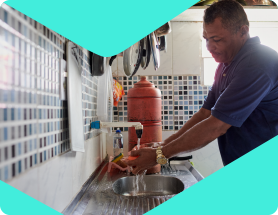
Water Security
Our water security and loss prevention program allowed us to avoid wasting 21 billion liters of water between 2018 and 2021, a volume enough to supply a city with 380 thousand inhabitants for a year. Our operating model, based on innovative programs for identifying and repairing leaks and renewing/replacing networks, has been reducing water losses annually, and, to ensure the effectiveness of this journey, we are committed to a target of 25% of losses by 2030. Our model for mapping the entire supply system in the municipalities we serve, ranging from collection to distribution to customers, allows us to identify risks and weaknesses and subsidizes the prioritization of investments and action plans to offer safe and quality water to the population.
BRK is a signatory to the Brazilian Business Commitment to Water Security, proposed by the Brazilian Business Council for Sustainable Development (CEBDS) in 2018. The initiative establishes six goals to which we are committed and for which we develop concrete actions that increase the environmental impact of our business.
BRK and the 6 Brazilian corporate commitments for Water Security
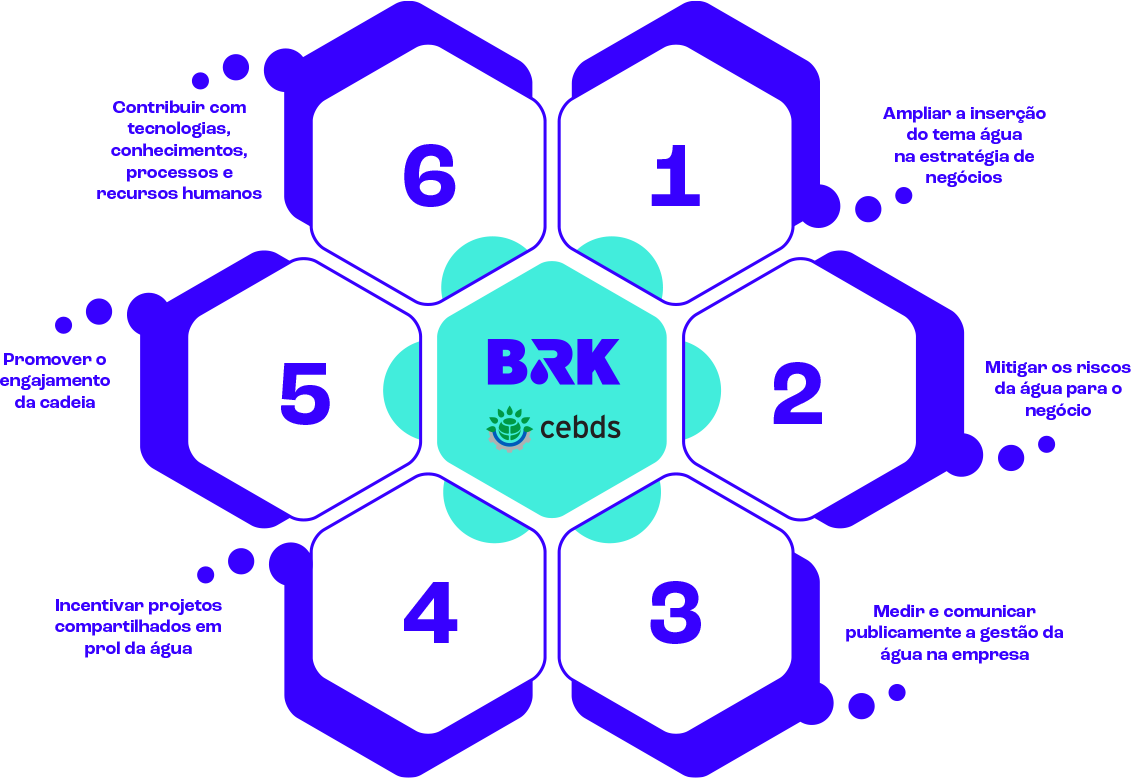
-
1. Expand the inclusion of the water theme in the business strategy
• Achieve 25% in the loss rate by 2030
• Mapping of SPEs with use and/or sale of reused water (2020)
-
2. Mitigate water risks to the business
• Implementation of water safety plans in operations in Limeira, Cachoeiro, Xinguara, Paraíso do Tocantins, Santa Gertrudes and Mairinque (2025)
• Sewage safety plans (2025)
-
3. Measure and publicly report on water management at the company
• IVGR Social: reputation perception correlated with social actions
-
4. Encouraging shared projects in Favor of water
• Framework for the assessment of positive sanitation externalities: Positive impacts of investments on health and education, impacts of conscious consumption campaigns and impact of the water loss reduction program (2022)
• Socio-environmental projects shelf replicated in all operations
• Water Credit Project: Micro-credit to allow low-income families access to sanitation services.
-
5. Promote chain engagement
• BRK critical supplier performance evaluation program (2022)
-
6. Contribute with technologies, knowledge, processes and human resources
• Implementation of solar sludge drying projects in 2 operations by 2023
• WIL (Water Innovation Lab) Project: Training young water leaders
• Startup Acceleration Program: Mapping and acceleration of startups with solutions focused on sanitation

Green Securities
In September 2020, our company carried out the 8th issue of debentures in the amount of R$1.1 billion. The operation had a second-party assessment of compliance, by the 11 SPEs involved, with the principles of the World Bank's IFC Performance Standards.
The specialized socio-environmental analysis indicated a comfortable level of service (score of 3.6) in the four dimensions of the adopted framework
Platform for Innovation and Environmental Education
BRK understands the importance of innovation in its business, and also carries it to its different forms of communication and transmission of knowledge. In our Innovation and Environmental Education Platform, you have access to a series of content on water, sanitation and sustainability.
There are articles with various topics related to our area of activity, colorful and informative infographics, videos, publications filled with stories and also unmissable games, both to print and to play online.
This is one of our ways of mobilizing society, jointly planning transformative actions to promote Brazil's sustainable future.

